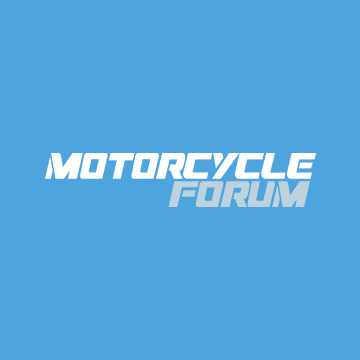Years ago, Consumer Reports tested brake pads. Their conclusion was that they were pretty much all the same, therefore, shop by cost. Now we have these "high performance" pads that cost a lot more than the regular pads. The Honda factory pads lasted me at least 100k on my 2000 Odyssey, and would have gone another 25%. The aftermarket pair (Wagner) that replaced them lasted about the same. What I will do and have done for years is to buy pads with shims and chamfers that are not the high performance pads, pads that may be just like the OEM pads. I couldn't have been happier with these parts.
I will turn or replace rotors when the pedal pulses. After they have been turned once, that's it. I do not turn them when changing pads just because they are rough - I just take my time and break the new pads in gently until the stopping power is normal. It has taken me less than 50 miles of easy use to accomplish this each time - maybe 15-20 miles on average.
When I put the rotors back on, I clean the contact surfaces, then try each rotor in all five positions on the hub, and check for minimal runout in each position. I have found the runout to be minimal in only one position. Under .002" is pretty good and you won't feel that on the pedal. I think .004" is the factory runout limit. Once pedal pulsing/vibration starts, it will get worse.
I had slotted rotors on a vehicle that came with them from the factory. Other models of that same vehicle came with non-slotted rotors. Side by side, the slotted rotors quickly made a lot of brake dust compared with the non-slotted rotors. I wouldn't buy slotted rotors if I had a choice. Your wheels will stay cleaner and the pads will last longer.
So - if you are going to race your Odyssey, consider buying performance brakes. My recommendation would be to buy standard brakes with OEM type materials if you just want to drive your car. When I have replaced rotors on foreign cars, sometimes I bought the Centrix brand from RockAuto for no other reason than price vs. brand recognition, and at other times I bought other brands, mostly domestic. I have been happy with all of them. I have come to expect 100k on a set of rotors and pads as a rule of thumb, before they need replacement. I don't grind to a stop. I try to plan ahead so I do not have to brake hard, so I am probably easier on brakes than some. Most of my mileage has been highway miles, so if yours is primarily city driving, you should expect different results.
Change your brake fluid as recommended - like every three years. I have rebuilt calipers at maybe nine or ten years, just "because". They're dirty, it takes a while, but it's not a big deal to do this. I have found the repair kits and parts as needed, for not much money. I haven't ever needed to hone calipers. I used to simply replace the wheel cylinders from drum brakes because new ones were inexpensive. I have never had a caliper leak, but it used to happen fairly frequently with drum brake wheel cylinders. Over the years, I have also replaced clutch and master cylinders, but not as often as wheel cylinders.





